Now that the moment is here, what kind of king will Charles III make?
King Charles III now has the role he has awaited for almost 73 years. But how will his activism, which some call meddling, fit with the crown?
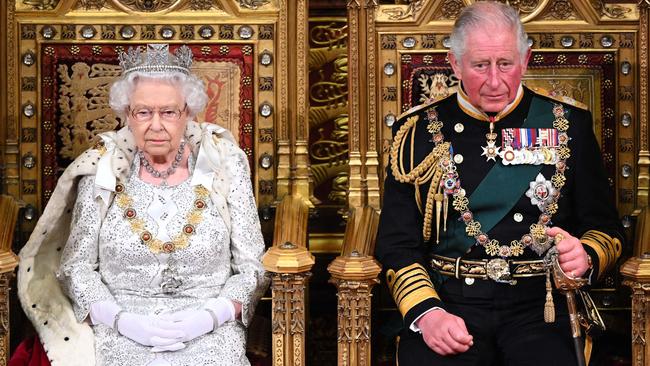
The seismic constitutional moment has come. King Charles III is now in the role he has awaited almost all of his 73 years and the monarchy will be different, perhaps radically so, and certainly more outspoken.
Charles is known to be wise, dogmatic and sometimes grumpy to his Clarence House staff and as he has shown over the years in his various roles as an organic farmer, an environmentalist, a proponent of “balance’’, and a champion of historic buildings, he is unlikely to temper his personality dramatically as he is formally anointed as the Ruler of the Land.
Britain, Australia, and 14 other Commonwealth countries have known for a long time what kind of king he will be. Charles' can-do work with the Prince’s Trust, a charity he created in 1976 and then expanded to more than a dozen charities for good works instilling confidence and self-esteem in young people, as well as his nightly missives in spidery handwriting for politicians and bureaucrats, have provided an unusual window into his active mind.
However, no one underestimates a rocky time of adjustment in the coming months as the Buckingham Palace staff and the public accommodate a king so very different to his mother, Queen Elizabeth II, not least in how he is adjusting his natural inclinations and, in the words of one courtier “cloaking himself in the Queen’s mantle’’.
“I was brought up to worry about everybody else,’’ said Charles back in 2016. It is a patriarchal, immersive “born to rule’’ role that he has taken to heart, and with great seriousness. Charles has not just opened envelopes and plaques - he has tried to stimulate debate and he is known for acting on his convictions and getting things done.
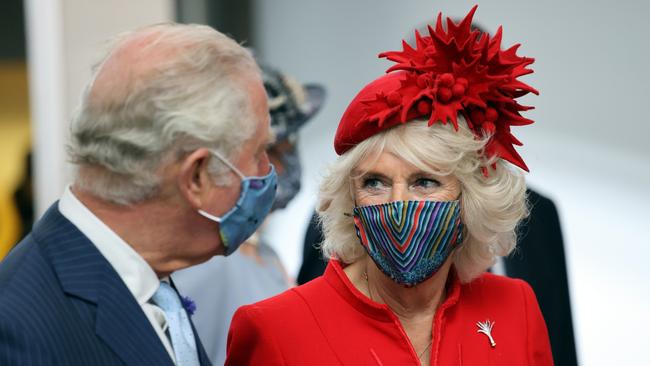
But now, while he and the nation is in the deepest of shock and mourning for his “beloved mamma’’, one of Charles' first decisions is whether to begin this new life chapter with a new identity and adopt a regnal name and impose any self-restraint to his vocal and practical ways.
The Prince of Wales title now goes to Prince William - and there is to be no suggestion that William will somehow eclipse his father in the order of succession.
Charles knows that being King is not a popularity contest, and he has had a lifetime of brushing aside fierce criticism, including of his tortured relationship with his first wife Princess Diana, and the often dismissive relationship with his father, Prince Philip, to prepare for his Coronation.
William, and then Prince George, will have to wait their turn, regardless of pressure from the public.
William recently increased his public duties after the death of Prince Philip in April and when the Queen became increasingly frail. When he stepped aside from helicopter pilot duties with the air ambulance and moved from Norfolk to London in 2017 he insisted he didn’t lie awake thinking about being King, for he has long known that his father will not abdicate in his favour.
Charles' coronation will be held promptly, certainly not the year it took for Queen Elizabeth to be crowned, and it will be a much more simple affair. But every aspect has been long thought out.
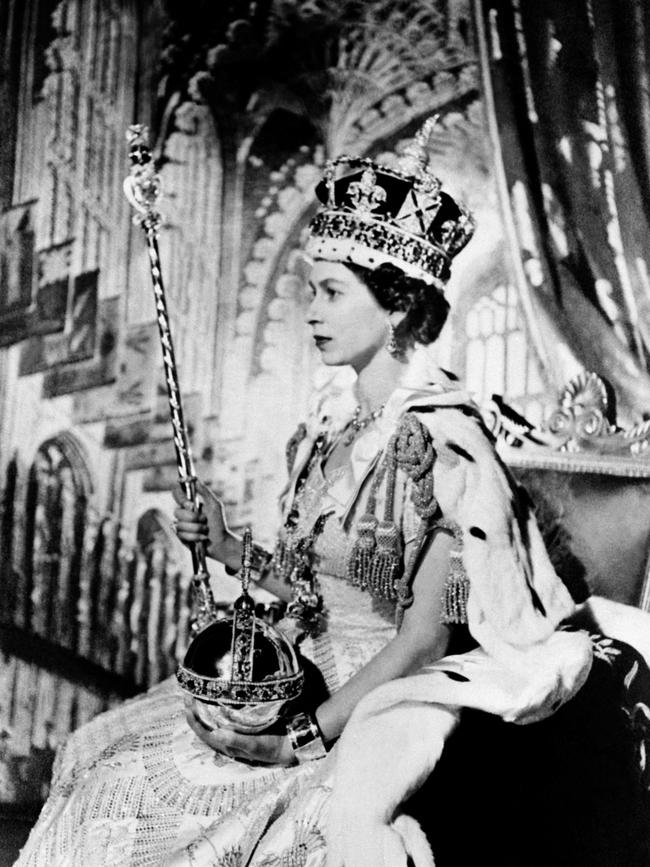
For years Charles has been involved in the adjustment of the oath of his coronation. He has long seen himself as the defender of faith - plural - not just as the Supreme Governor of the Church of England (first bestowed upon King Edward VI by Parliament in 1544) and his attitude is to be King for all people regardless of their religious views. In short, he wants to be the defender of the faith and the protector of all faiths.
Such an oath may give us important clues as to how Charles, increasingly dogmatic and sure, intends to reign, knowing that his time on the throne is relatively little.
He won’t be the silent nodding monarch like his mother was with her adherence to traditions, although her hands-off approach through the Swinging Sixties, the Man on the Moon, Britain’s riots, mining closures, technology’s rapid advances, and even the ban on fox hunting, consolidated the concept of the constitutional monarchy in British society.
Instead Charles has previously implemented what he calls, “mobilised action’’, in the worlds of science, agriculture, architecture and education, drawing in global experts as advisers and consultants and prodding and prepping political leaders and government ministers with decades of advice and suggestions about the issues he finds most disconcerting.
With the advantage of being influential behind the scenes for more than half a century he has had significant impact, all of it well-meaning, but some of it inviting criticism for stepping out of his place and interfering.
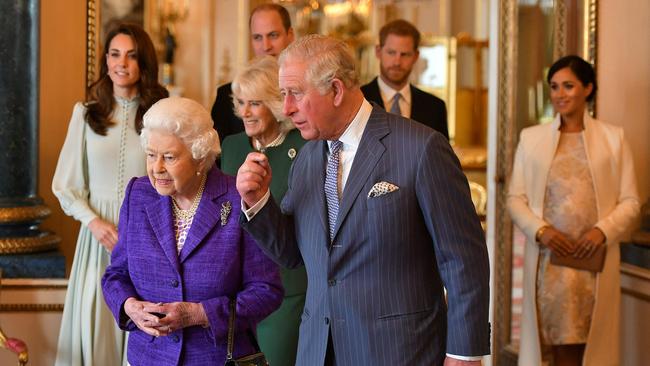
But just how he will dovetail his activism - which some call meddling - while wearing the crown will be the hallmark of his personal style and the key to the future of the royal institutions. As King he can now create his own “place’’ and that might be at odds with what his mother would have done.
Palace advisers indicate that there will be no sharp shift in tone or substance and King Charles will be consistent on the issues that have meant so much to him over the years, as well as rowing back on public discussion.
“He is committed to a seamless transition,’’ one palace insider told The Australian.
“This approach would have even puzzled the Queen, but Charles is prudent, he might rail against it, but he will do what is best for the Monarchy.”
The history of kings Charles has been intertwined in some of the most tumultuous periods of British life: King Charles I was executed during the English civil war; the roue King Charles II was so hedonistic he would flaunt his mistresses before his wife and Charles Edward Stuart, who demanded he be known as Charles III was the the leader of the Jacobite rebellion quelled at Culloden in 1746.
This Charles Philip Arthur George is likely to be known as Charles III, as he is unlikely to adopt the quaint tradition of adopting a regnal name.
For some years Charles had briefly thought about becoming King George VII and honouring his grandfather, and there was a standing in-joke at the palace he may even nod to the devilish sense of humour of his wife Camilla and consider re-naming himself (the legendary) King Arthur as Arthur is one of his middle names. But he has told courtiers that he sees no need to change his name, believing it to be an outdated custom that has no relevance in the modern world.
We will soon see.
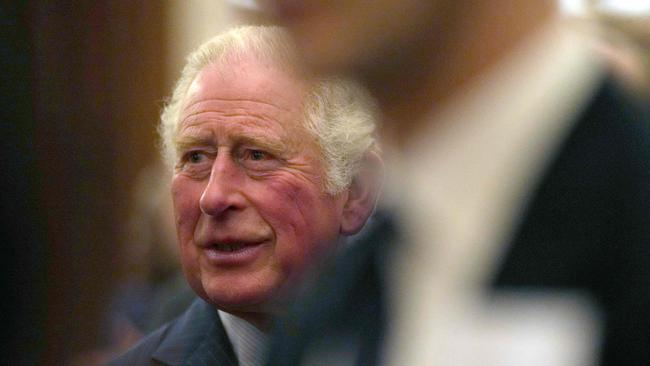
In the next few days the decades-long and cautious campaign by the royal courtiers to bring Camilla into the very public sphere as Charles' titled consort will become apparent. Camilla didn’t adopt the Princess of Wales title in acknowledgement of the late Diana’s stranglehold on the public affection at the time she married Charles back in 2005, and there is still strong public resistance to her being titled Queen Camilla - almost as a snub to Diana.
But Camilla has been the dutiful, witty partner, who clearly relaxes the much stiffer Charles and in private company openly refers to him as “The Boss’’. And he in turn, is highly protective of his wife, knowing the difficulties she has had to manouvre to support him.
It’s a precarious role that Camilla has become well accustomed to, and she has become adept at diffusing awkward moments , once even ‘’knighting’’ a complaining farmer with a giant leek.
At Australia House in 2011 it was Camilla who laughed her way through the crowd of Australians celebrating Australia Day and queuing up to meet her. Charles then felt comfortable enough to deviate from his prepared speech to refer to his two terms at Geelong Gramar’s mountain campus Timbertop in 1966 where he first came across an expression he has since become quite familiar with: “the Pommy bastard’’.
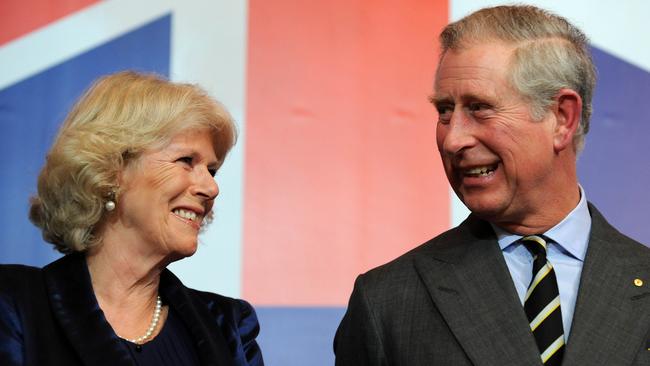
“I have been called a Pommy bastard many times,” he reminisced fondly: “But look what it has done for me. By God, it was good for the character. If you want to develop character, go to Australia.”
If the Australian abuse helped thicken his skin, he will need it now as the grief and shock of the Queen’s death revives a strong debate about the role of the Monarchy.
The Republic Movement in Britain is comparatively small - and to campaign for it is an act of treason - but now that the Queen has died, the the role of the King in British society and across the Commonwealth is questioned. Charles automatically became head of the 15 realms, including Australia, upon the Queen’s death, and it is formalised by the Accession Council meeting at St James’ Palace.
He has also become head of the Commonwealth, the ceremonial title overseeing the independent member nations of the 54 states that comprise the Commonwealth of Nations.
Charles knows he has to steer the Royal Family in a direction that both streamlines and modernises the institution.
With Prince Harry forging a commercial path in the United States alongside wife Meghan Markle, and Prince Andrew retired form public life in the wake of his friendship with financier and sex offender Jeffrey Epstein, Charles' slimming down of the institution was well underway.
But other extraneous Royals like Prince Andrew’s daughters, Princesses Eugenie and Beatrice will find themselves further on the outer, and the causes dear to his heart will become more prominent.
Charles despairs at the Republican sentiment in Australia, a country he is enormously fond of, and courtiers say he is fearful that he will pass onto Prince William a smaller realm that what he inherited.
When Prime Minister John Howard once suggested to Queen Elizabeth that the royal family could do more in Australia and she got quite cross, defending the work that the royals had undertaken.
But Charles is keen to promote the Monarchy in Australia. He had been once pondering having Prince Harry run the Princes’Trust Australia, but that option is now off the table. But perhaps Prince George, once older, will be encouraged to adopt some sort of official position in Australia.
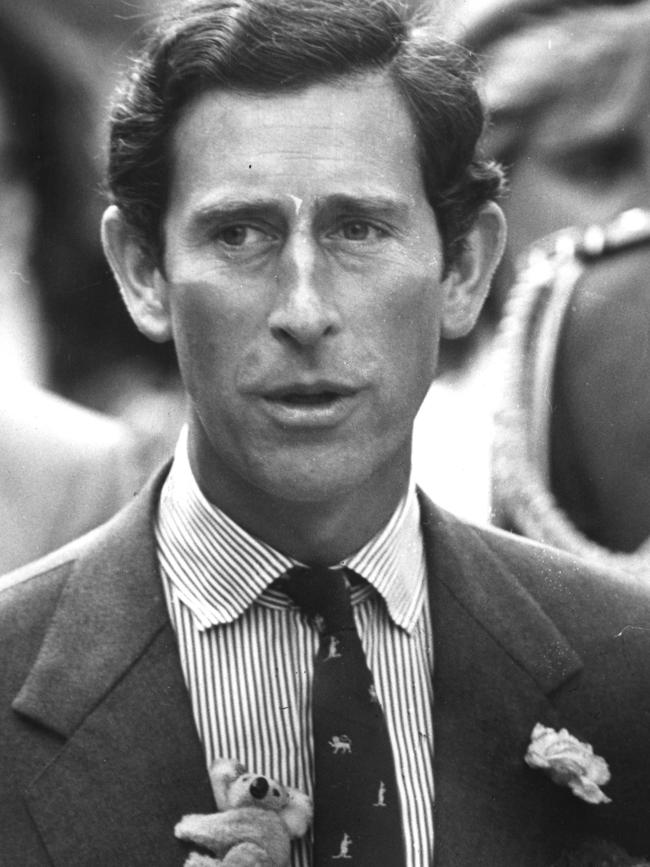
The Prince’s Trust in Australia includes works in disaster resilience, indigenous culture, helping ex-defence personnel create business opportunities, post-traumatic mental health and promoting beauty in the local neighbourhoods, and is part of his global charity which raises A$250 million a year.
In nearly all of his public works Charles has been shown to be ahead of the popularity curve: promoting organic farming; speaking out on climate change; encouraging education.
“I would like to think perhaps that after all this, eventually people might realise that some of the things I’ve been trying to do aren’t all that mad and that I might have some ‘convening power’ that could be put to use.” Charles said a few years back.
But while Charles believes he is in the rare and privileged position to be able to speak out on behalf of the nation: to become the grandfather to the people of sorts, he knows he now has to tread carefully.
The Queen used to have regular audiences with the British prime minister, and Commonwealth leaders, including regular dialogue with the Governor General of Australia, and open her red boxes each day to keep appraised of political issues, as well as taking advice from the Privy Council. Charles will do that too with lively audiences with the Prime Minister, although his direct correspondence with Ministers have been abandoned.
“He has been consistent on the public issues over decades, such as opportunities for young people, the environment and architecture and will continue to do so’’ a Palace insider said.
Whenever Charles has spoken out about architecture he has had a profound impact. His criticism of an $5.7bn redevelopment of Chelsea barracks, in the centre of London, both publicly and over tea at Clarence House with the funder, the Emir of Qatar, brought about a radically different and less intrusive design - including a 100m long vegetable garden and fruit trees.
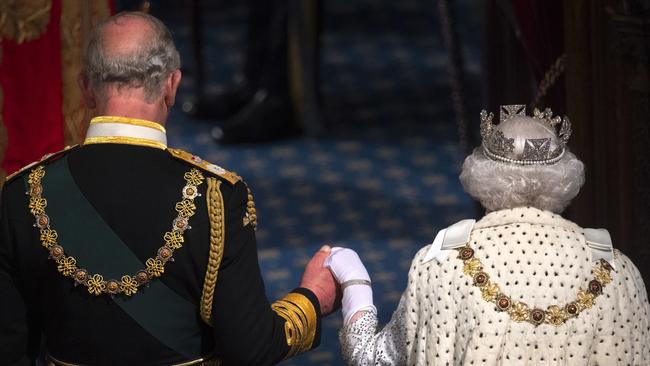
When he was told that mixed use communities in place of social housing ghettos wouldn’t work, he went away and created the 20,000 housing town of Poundbury on the Duchy estate near Dorset. Poundbury has since become a highly valued real estate, with its emphasise on walking to facilities rather than a reliance on the car, one of its biggest assets.
Charles says: ‘’As you will not be surprised to hear, I have always believed that if you want to effect change it is not enough merely to champion an idea, but absolutely vital to make the effort to create tangible examples on the ground that prove this philosophy, and then inspire other communities to do the same.’’
Charles’ progressive thoughts were outlined in a challenging 2010 treatise “Harmony: A New Way of Looking at Our World’’ calling for a revolution of thinking because the Earth cannot cope with all that we demand of it.
“It is losing its balance and we humans are causing this to happen,’’ he wrote.
Palace insiders say Charles as King will continue to promote his theories of balance and harmony in all walks of life while attempting to remain politically neutral. This will be done by carefully editing Charles’ public pronouncements to cast long term views, rather than deliver criticisms upon any political controversies of the day.
A decade ago there was a small outcry when Charles’ biographer Jonathan Dimbleby revealed that Charles intended to comment publicly on matters of national and international importance. Mr Dimbleby said: “There are now discreet moves afoot to redefine the future role of the sovereign so that it would allow King Charles III to speak out on matters of national and international importance in ways that at the moment would be unthinkable.’’
Mr Dimbleby acknowledged the massive change: “To breach this convention, however cautiously, would represent a seismic shift in the role of the sovereign. It has the potential to be constitutionally and politically explosive.”
The big question is does King Charles III light such a fuse?


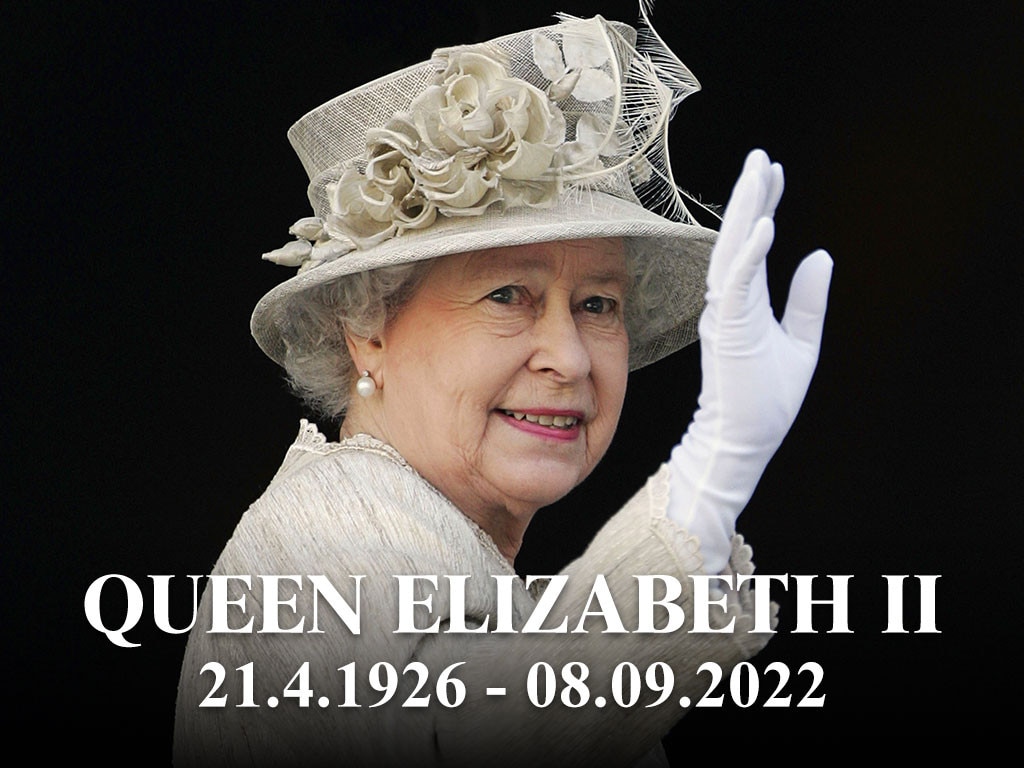



To join the conversation, please log in. Don't have an account? Register
Join the conversation, you are commenting as Logout